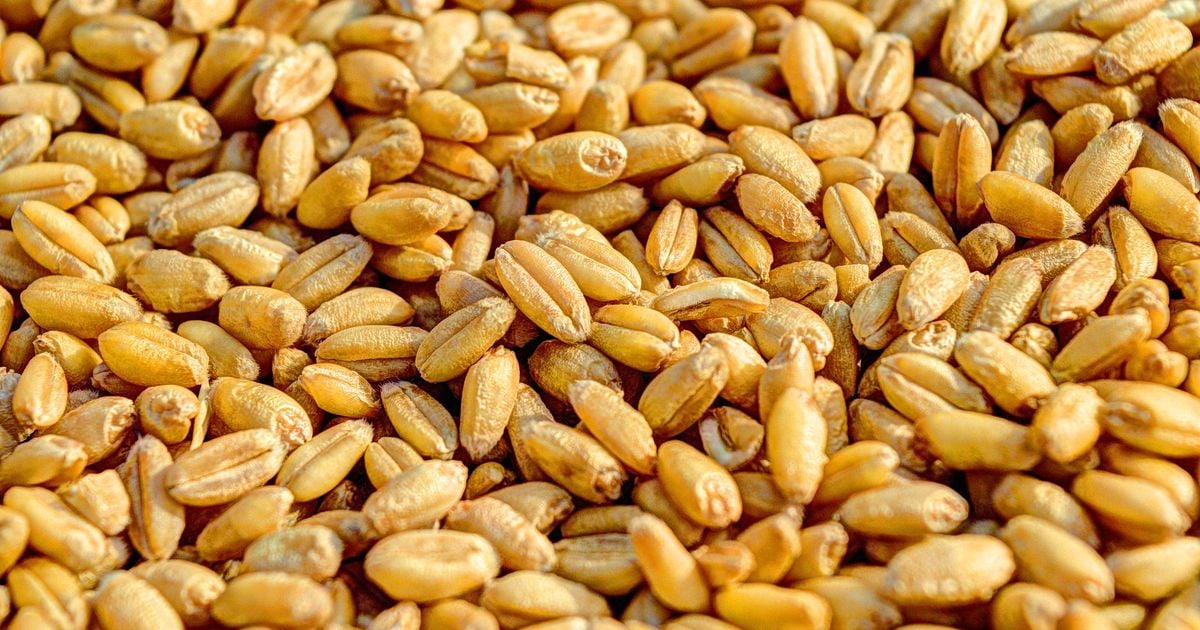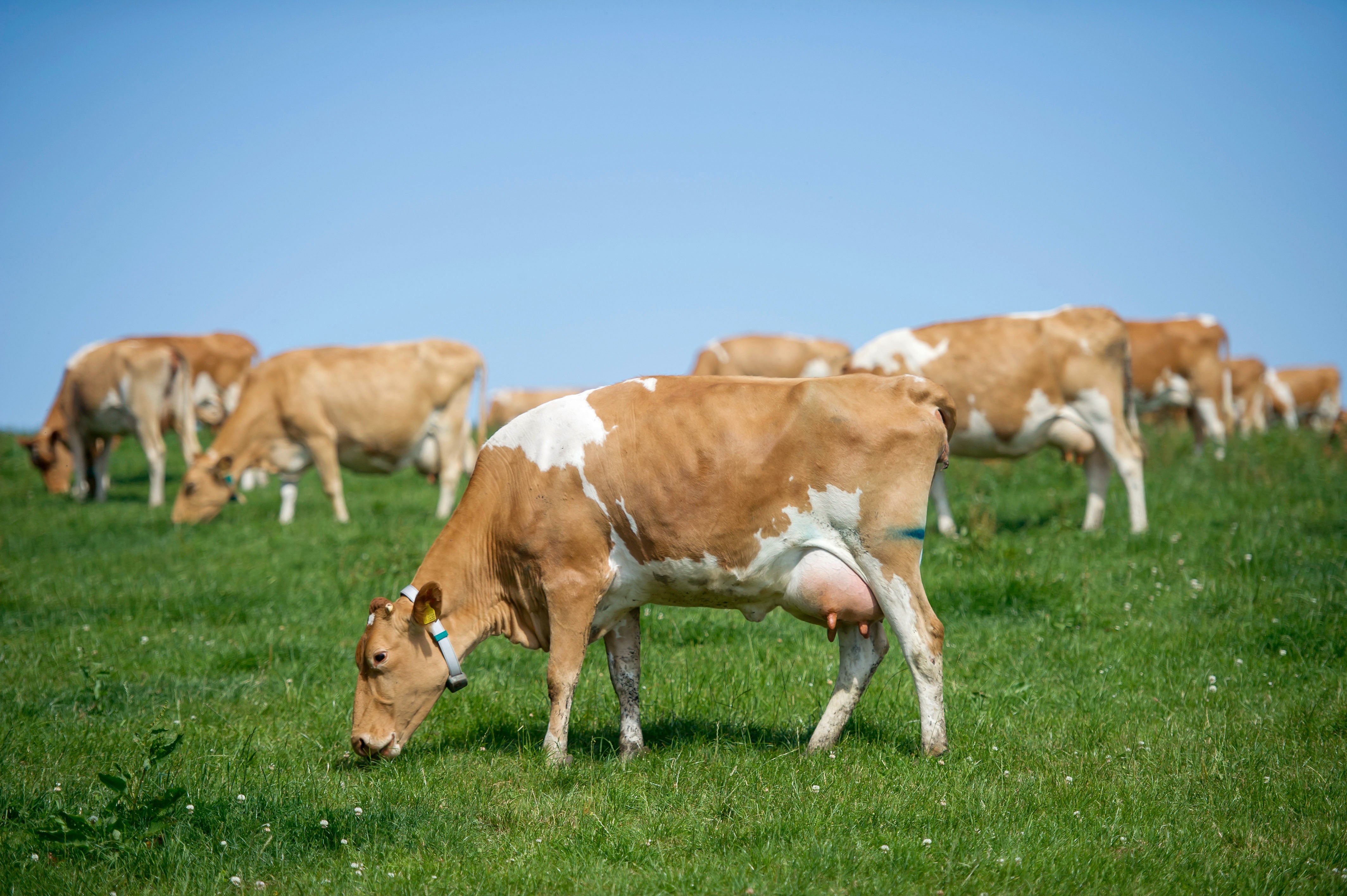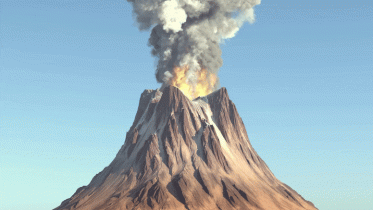
Famine
A famine is a widespread scarcity of food, caused by several factors including war, natural disasters, crop failure, population imbalance, widespread poverty, an economic catastrophe or government policies. This phenomenon is usually accompanied or followed by regional malnutrition, starvation, epidemic, and increased mortality. Every inhabited continent in the world has experienced a period of famine throughout history. In the 19th and 20th century, generally characterized Southeast and South Asia, as well as Eastern and Central Europe, in terms of having suffered most number of deaths from famine. The numbers dying from famine began to fall sharply from the 2000s. Since 2010, Africa has been the most affected continent of famine in the world.












